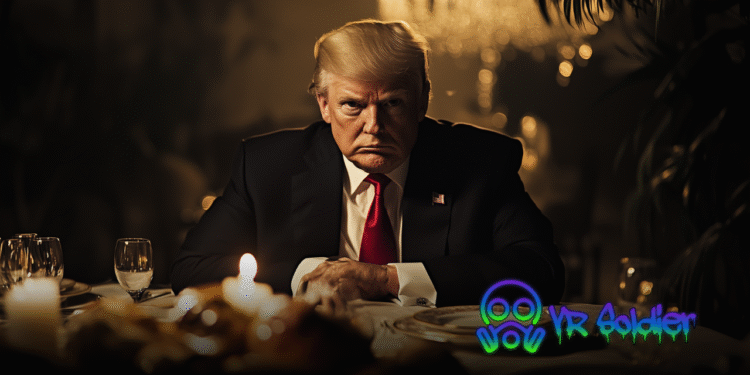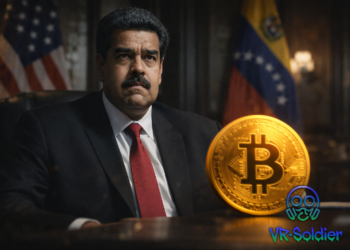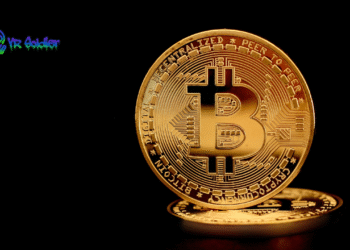Trump involvement in crypto is growing. His venture, World Liberty Financial (WLFI), is working to turn its governance token into a tradable asset. This move could change his digital asset profile. As of now, WLFI is still locked and non-transferable. However, pre-market listings have already begun. Exchanges like MEXC, BingX, and LBank have listed WLFI for pre-market speculation.
The project is now awaiting approval from the community to finalize the transition. If this happens, it will open up WLFI to the market. This could significantly boost Trump’s holdings in the crypto space.
The market is reacting to the news. As the WLFI proposal gains traction, Trump’s crypto wallet value has gone up nearly 2.5% in just one day. His portfolio, which is tracked by Arkham Intelligence, now stands at $1.41 million. The growth is largely due to the renewed interest in WLFI, marking an exciting moment for Trump’s crypto assets.
The Billion-Dollar Disconnect Between Trump Public Wallet and Private Crypto Empire
Trump’s public crypto wallet shows $1.41 million in holdings, but this number doesn’t tell the whole story. The truth is, his real crypto wealth is far higher. Most of Trump’s crypto is tied up in corporate structures that don’t show up in his public wallet. These funds have mostly been moved through private channels, not directly visible to the public.
According to Forbes, Trump has already made $246 million in post-tax profits from his crypto ventures. His profits could eventually reach up to $1 billion, which is more than the combined value of his well-known properties, such as Mar-a-Lago and Trump Tower.
Public reports and investigations, including those from Bloomberg and CBS, show that Trump and his family hold a large amount of WLFI tokens. They have 22.5 billion tokens, giving them control over the project. This controlling stake in WLFI could result in even more wealth if the token transition succeeds.
A High-Stakes Experiment in Crypto-Political Fusion
Trump’s strategy with crypto is similar to his business approach. He uses his personal brand to attract capital, often operating in regulatory gray areas. However, the move to make WLFI’s governance token tradable is different. It will test if the crypto market sees Trump’s ventures as legitimate or just a way to push political influence.
The connection between politics and profit has caused concern in Washington. Several Democratic lawmakers have introduced bills to stop presidents and their families from owning or promoting crypto assets. Recently, Senator Jeff Merkley proposed an amendment to Trump’s budget bill that would limit presidential conflicts of interest in the crypto market.
Critics, including ethics groups like Public Citizen, warn that Trump’s role in the crypto space sets a concerning precedent. It raises questions about the blurred line between governance and business, where personal profit could influence public policy.












